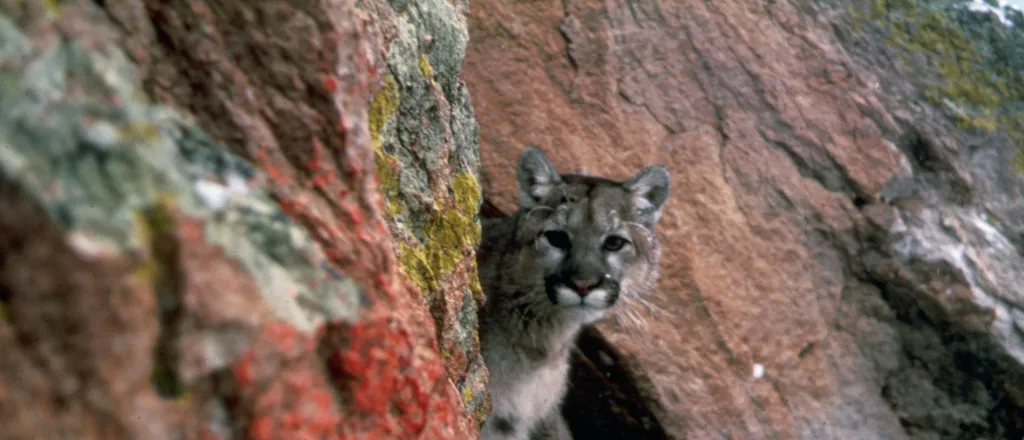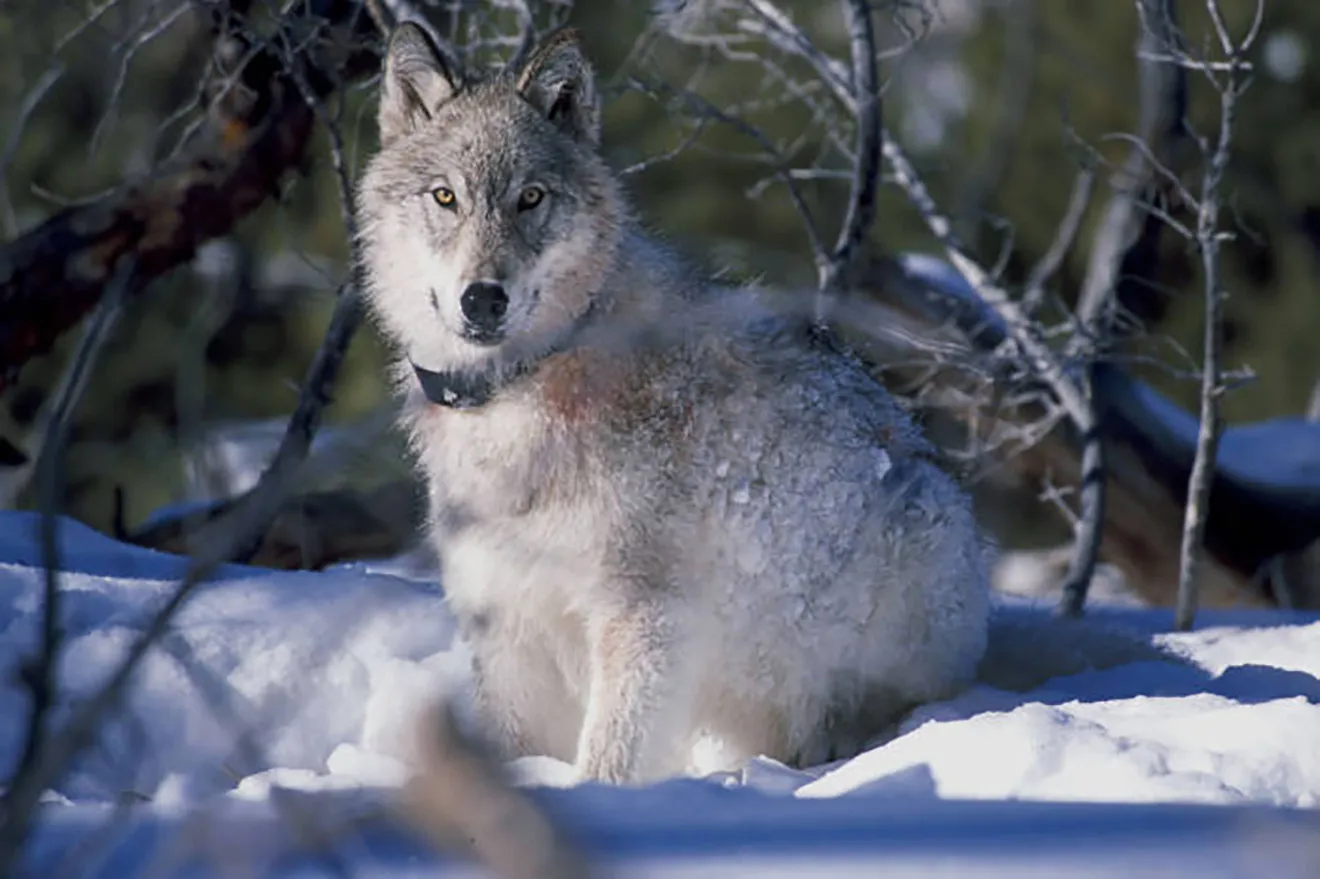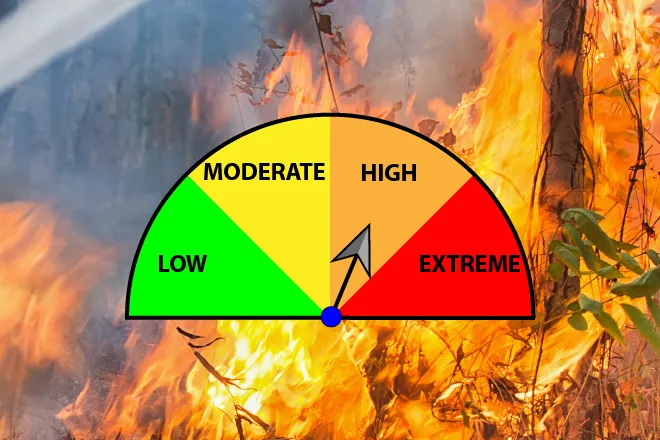
Big cat hunting ban measure to appear on Colorado ballot
(The Center Square) - Voters will decide in November whether the hunting of mountain lions and bobcats should be banned in Colorado after proponents of a measure turned in enough signatures for it to appear on the ballot.
The secretary of state’s office said last week that the backers of Initiative #91 submitted 187,147 petition signatures. The state requires at least 124,238 valid signatures to get a measure on the ballot.
“After reviewing a five-percent random sample of the submitted signatures, the Elections Division projected the number of valid signatures to be greater than 110 percent of the total number of signatures required for placement on the ballot,” the office said.

The measure, backed by the group Cats Aren’t Trophies, reads: “Any trophy hunting of mountain lions, bobcats, or lynx is inhumane, serves no socially acceptable or ecologically beneficial purpose, and fails to further public safety.”
The Sportsmen’s Alliance, a national conservation organization that supports hunting and fishing, said Thursday that Cats Aren’t Trophies misrepresents hunters and trappers.
“Once again, we’re witnessing animal extremists stopping at no lengths to spread falsities and outright lies to the general public,” Sportsmen’s Alliance Foundation Vice President of Government Affairs Todd Adkins said. “They buy signatures, slander hunters and trappers, disrespect Colorado’s professional wildlife managers, and lie to the faces of well-meaning Coloradans to shove their extreme ideology down everyone’s throats. The simple truth is they couldn’t care less about the lives they put in danger by pushing this radical ideology.”
The measure would remove mountain lions from the state’s definition of “big game.” It also would exclude killing cats in self defense from the definition of “trophy hunting.”
Colorado voters will have an opportunity to halt the inhumane and needless killing of mountain lions and bobcats for their heads and beautiful fur coats,” Samantha Miller, Cats Aren’t Trophies campaign manager, said in a statement. “While the measure stops the recreational trophy hunting and commercial fur trapping of wild cats, it allows lethal removal of any problem animal for the safety of people, pets or farm and ranch animals.”
In 2020, Colorado voters approved a measure to reintroduce gray wolves into the state. Last December, 10 gray wolves were transferred from Oregon to Colorado and released. Colorado wildlife managers and ranchers have dealt with several cases of depredation of livestock since the wolves were reintroduced.
In 2022, a bill to ban mountain lion and bobcat hunting in Colorado failed to advance in the legislature.
Critics of the wolf measure and the hunting measure call them examples of “ballot box biology,” when proponents use a state’s initiative process to require certain wildlife management practices rather than leaving management up to state or federal wildlife agencies.
“Ballot box biology does not work. It’s irresponsible, and it negatively impacts wildlife, ecosystems, and people,” Torin Miller, associate litigation counsel at Sportsmen’s Alliance Foundation, said in a statement. “Hunters and trappers proudly support science-based wildlife management decisions. It’s unfortunate that emotions – especially those conjured by deceit – are tying the hands of wildlife professionals while everyone in Colorado is forced to suffer the potentially deadly consequences of extremism of this type.”
















